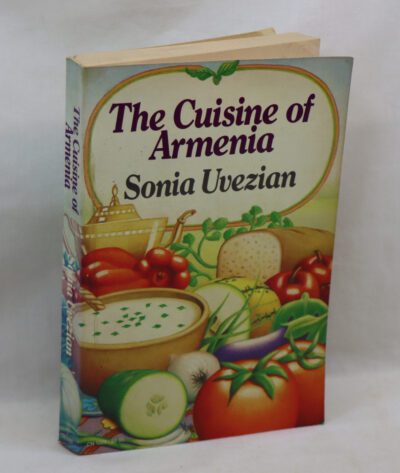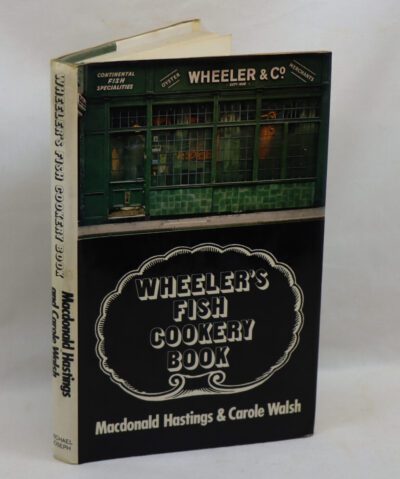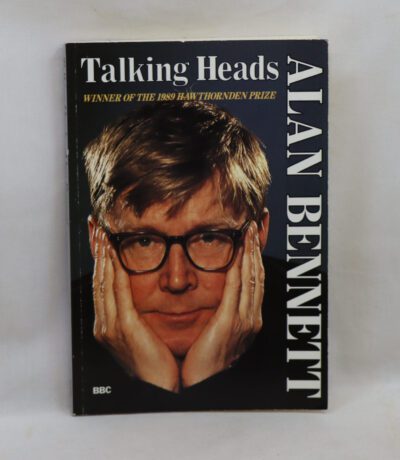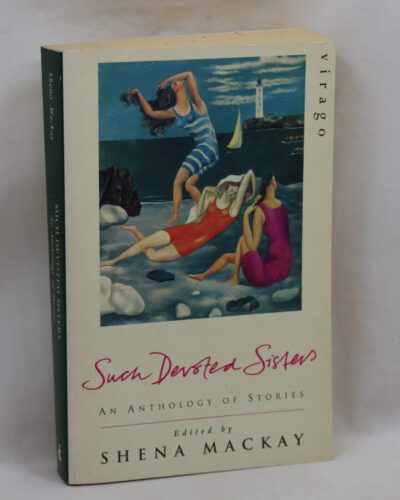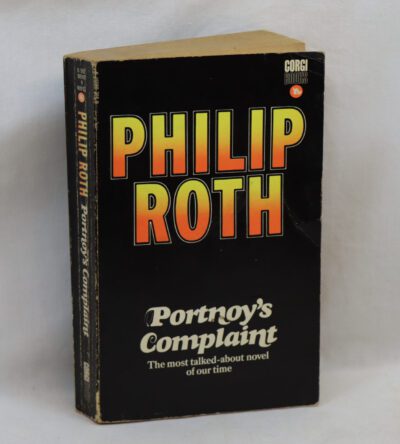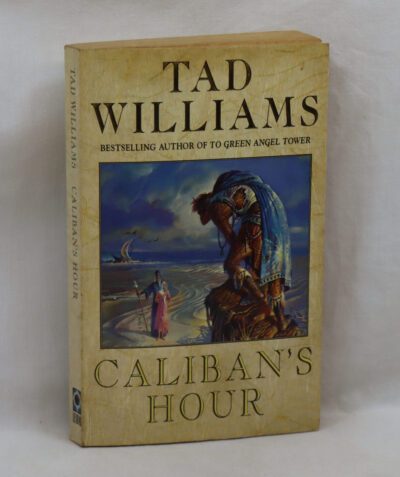The Complete Poems. Henry Vaughan.
By Henry Vaughan,
ISBN: LCCN:77350051
Printed: 1983
Publisher: Penquin Books.
| Dimensions | 13 × 20 × 3 cm |
|---|---|
| Language |
Language: English
Size (cminches): 13 x 20 x 3
Condition: Good (See explanation of ratings)
Item information
Description
Paperback. Black title and kneeling person in needlework on the cream cover.
We provide an in-depth photographic presentation of this item to stimulate your feeling and touch. More traditional book descriptions are immediately available
-
This used book has a £3 discount when collected from our shop
For conditions, please view the photographs. Less worldly than Donne or Herbert, to whom he is indebted, Vaughan wrote poetry that is both mysterious and richly suggestive. This volume collects all of his poetry.
Review: Henry Vaughan is little read today, principally because he seems to be off the school and BA syllabus, but if you like Donne then he is worth trying. Like his fellow metaphysical poets, he uses some huge leaps of the imagination but has none of the outrageous flamboyancy or energy of Donne himself. Vaughan is definitely quieter in tone, more contemplative and meditative. But he shares Donne’s sense of rhythm and some of his rhyme schemes (Regeneration and Immortality) are quietly stunning and quite different from many other English poets. The great advantage of him being an unfashionable poet is that you can often pick up his books cheaply: this Penguin edition has a fair introduction and notes and contains the whole of Vaughan’s poetic works. Definitely worth exploring.
Henry Vaughan (17 April 1621 – 23 April 1695) was a Welsh metaphysical poet, author and translator writing in English, and a medical physician. His religious poetry appeared in Silex Scintillans in 1650, with a second part in 1655.In 1646 his Poems, with the Tenth Satire of Juvenal Englished was published. Meanwhile he had been persuaded by reading the religious poet George Herbert to renounce “idle verse”. The prose Mount of Olives and Solitary Devotions (1652) show his authenticity and depth of convictions. Two more volumes of secular verse followed, ostensibly without his sanction, but it is his religious verse that has been acclaimed. He also translated short moral and religious works and two medical works in prose. In the 1650s he began a lifelong medical practice.
Want to know more about this item?

Related products
Share this Page with a friend


